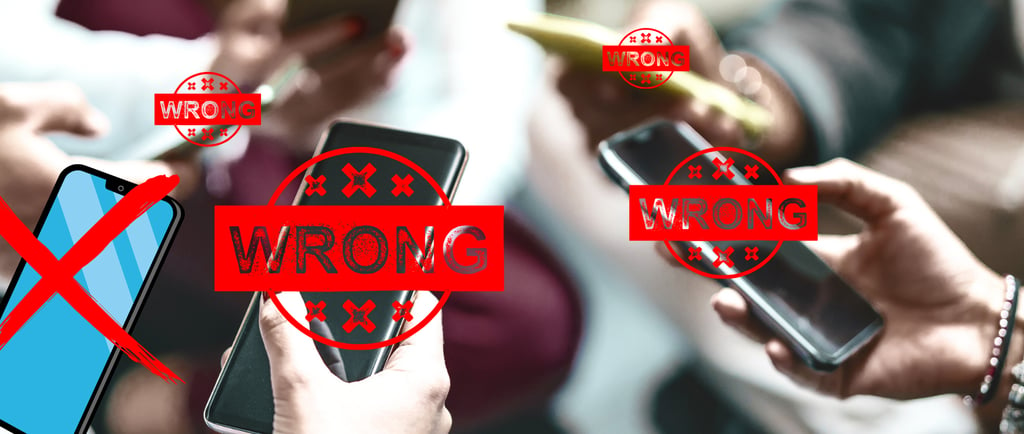Hidden Costs of Wrong Phone Numbers Revealed


The Wrong Number Problem
The Wrong Number Problem
You waste your time. You waste their time. You frustrate yourself. You frustrate them. You accomplish nothing. You move backward.
And yet, debt collection agencies do this thousands of times every day.
The obvious problem isn't obvious
But that's not the real problem.
The real problem is that we've built systems that depend on static information in a dynamic world. Phone numbers change. People move. Email addresses get abandoned. Life happens.
The system isn't broken—it was designed wrong from the start.
What we measure vs. what matters
Collection agencies measure calls made, contacts attempted, dollars recovered per hour. They don't measure trust built, relationships maintained, or future cooperation earned.
When your agent dials a disconnected number for the fifth time this week, what are you really measuring? Persistence? Or stubbornness?
When someone changed their phone number six months ago and you're still calling the old one, you're not being thorough. You're being lazy.
The cost of wrong numbers isn't just time
Every failed contact attempt costs you three things:
The obvious cost: wasted time and resources
The hidden cost: demoralized staff who stop caring about quality
The real cost: the debtor who might have been willing to work with you, but now you'll never reach them
That third one is the killer. Because somewhere, that person exists. They have your outdated number in their file, but they've moved on with their life. They might be ready to resolve their debt, but you can't find them.
Here's the thing about accurate contact information
It's not about having the right data. It's about building systems that expect data to be wrong and get better over time.
It's about training agents to be detectives, not robots.
It's about measuring progress toward resolution, not just activity.
It's about understanding that the person who owes money is a person, not a phone number.
The organizations that figure this out don't just find people faster—they build trust faster
When you reach someone on the first try, with correct information, at a convenient time, you're already ahead. You're not the agency that's been bothering their elderly mother at the old address. You're not the one leaving robotic voicemails at their college email address.
You're the professional who did the work to connect properly.
Simple fixes for a complex problem
Start here: Before every campaign, before every call session, before every agent picks up the phone—ask this question: "How do we know this information is accurate?"
Not "Is it accurate?" But "How do we know?"
If you can't answer that question with specifics and confidence, don't make the call yet.
Invest in skip tracing before you invest in more dialers. Train agents to verify before they dial. Reward accuracy over activity.
And maybe, just maybe, consider that the person who owes money might actually want to be found—if you're looking in the right place.
The wrong number problem isn't really about numbers
It's about systems that prioritize motion over progress.
It's about organizations that measure busy-ness instead of business.
It's about the choice between doing things right and doing things fast.
The good news? You get to choose.
The bad news? Your competitors might choose first.
© 2025 Premium Data Append. All rights reserved.
PRIVACY POLICY




